Home>Gardening & Outdoor>Pool & Spa Care>What Is Difference Between A Hot Tub And A Jacuzzi
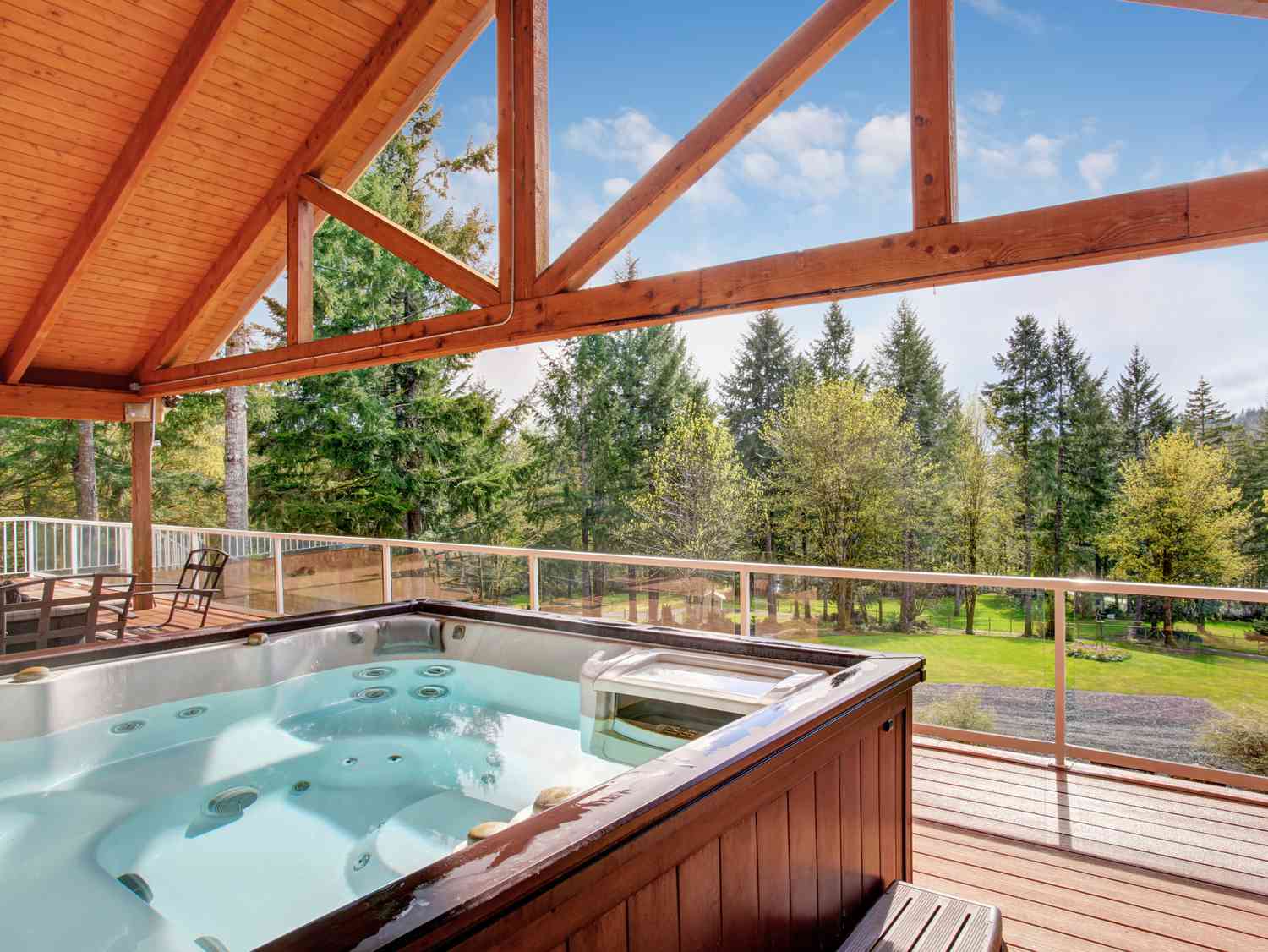

Pool & Spa Care
What Is Difference Between A Hot Tub And A Jacuzzi
Modified: January 19, 2024
Discover the distinctions between a hot tub and a Jacuzzi. Learn about pool and spa care to maintain your relaxation oasis. Explore the differences with expert insights.
(Many of the links in this article redirect to a specific reviewed product. Your purchase of these products through affiliate links helps to generate commission for Storables.com, at no extra cost. Learn more)
**
Introduction
**
Welcome to the world of relaxation and hydrotherapy! When it comes to unwinding and rejuvenating the body, few things compare to the luxurious experience of soaking in a hot tub or Jacuzzi. These two terms are often used interchangeably, leading to confusion about their differences. In this article, we will delve into the nuances between hot tubs and Jacuzzis, exploring their unique features, costs, maintenance requirements, and health benefits. By the end of this journey, you will have a comprehensive understanding of these indulgent amenities, empowering you to make an informed decision when considering a purchase or installation. So, let's embark on this enlightening exploration and unravel the distinctions between hot tubs and Jacuzzis!
Key Takeaways:
- Hot tubs and Jacuzzis offer relaxation and wellness benefits, with hot tubs being versatile and accessible, while Jacuzzis represent luxury and advanced hydrotherapy technology.
- Both hot tubs and Jacuzzis provide stress relief, muscle relaxation, and improved circulation, catering to diverse preferences and budgets for a holistic wellness experience.
Definition of Hot Tub
Before we dive into the specifics, let’s establish a clear definition of a hot tub. A hot tub is a large tub or small pool filled with heated water used for hydrotherapy, relaxation, or pleasure. Typically made of wood, fiberglass, acrylic, or PVC, hot tubs are designed to accommodate multiple occupants, making them perfect for socializing or enjoying a serene soak alone. These inviting vessels are equipped with powerful jets that release massaging streams of water, targeting muscles and providing therapeutic benefits. Hot tubs can be installed indoors or outdoors, adding a touch of luxury and tranquility to any space.
Hot tubs are available in a range of sizes, from intimate two-person models to spacious options capable of seating eight or more individuals. They come in various shapes, including circular, square, and rectangular, catering to diverse aesthetic preferences and spatial considerations. Some hot tubs feature additional amenities such as LED lighting, built-in sound systems, and advanced water purification systems, enhancing the overall relaxation experience.
When considering a hot tub, it’s essential to evaluate factors such as insulation, energy efficiency, and the quality of construction materials. These elements contribute to the durability, performance, and long-term satisfaction derived from the hot tub. Whether used for unwinding after a long day, alleviating muscle tension, or fostering social connections, hot tubs offer a delightful escape from the hustle and bustle of daily life.
Now that we’ve clarified the essence of a hot tub, let’s turn our attention to the counterpart in this captivating comparison: the Jacuzzi.
Definition of Jacuzzi
Now, let’s unravel the essence of a Jacuzzi. The term “Jacuzzi” is often used synonymously with hot tub, but it actually represents a specific brand that has become synonymous with whirlpool baths and hydrotherapy products. The Jacuzzi brand, founded by the Jacuzzi brothers in the early 20th century, pioneered the development of hydrotherapy pumps designed to provide therapeutic benefits through targeted water jets. Over time, the term “Jacuzzi” has been widely adopted to refer to any tub or pool equipped with hydrotherapy jets, regardless of the manufacturer.
A Jacuzzi typically features high-performance jets strategically placed to deliver a rejuvenating hydro-massage experience. These jets emit pressurized streams of water, creating a soothing and invigorating sensation that can alleviate muscle tension and promote relaxation. Jacuzzis are available in various configurations, including standalone units, in-ground installations, and portable models, catering to diverse preferences and spatial requirements.
Similar to hot tubs, Jacuzzis are crafted from durable materials such as acrylic, fiberglass, or PVC, ensuring longevity and structural integrity. The design and engineering of Jacuzzis prioritize comfort, ergonomics, and hydrotherapy efficacy, providing a harmonious blend of indulgence and wellness benefits.
It’s important to note that while all Jacuzzis can be categorized as hot tubs, not all hot tubs can be classified as Jacuzzis. The distinction lies in the heritage and pioneering contributions of the Jacuzzi brand to the field of hydrotherapy and relaxation. Whether it’s a compact Jacuzzi for intimate relaxation or a spacious model for entertaining guests, these hydrotherapy sanctuaries epitomize luxury and well-being.
Having established the unique characteristics of both hot tubs and Jacuzzis, we can now delve into a detailed comparison of their features, costs, maintenance requirements, and health benefits.
Features of Hot Tub
Hot tubs boast an array of features that contribute to their allure and functionality, transforming them into inviting sanctuaries of relaxation and well-being. Here are some key features commonly found in hot tubs:
- Heating Systems: Hot tubs are equipped with efficient heating systems, allowing users to maintain the water at their preferred temperature for extended periods, ensuring a consistently cozy and soothing experience.
- Hydrotherapy Jets: These powerful jets are strategically positioned to target specific muscle groups, delivering revitalizing massages that alleviate tension and promote relaxation.
- Seating Options: Hot tubs offer a variety of seating configurations, including ergonomic loungers and contoured seats designed to enhance comfort and promote proper body positioning during hydrotherapy sessions.
- Filtration and Purification: Advanced filtration systems and water purification technologies ensure that the water remains clean, clear, and free from impurities, contributing to a hygienic and enjoyable soaking experience.
- LED Lighting: Many hot tubs feature customizable LED lighting, creating a captivating ambiance and enhancing the visual appeal of the water, especially during evening or nighttime use.
- Sound Systems: Some premium hot tub models are equipped with integrated sound systems, allowing users to enjoy their favorite music or soothing sounds while immersing themselves in the tranquil environment.
- Insulation: High-quality insulation materials and design features help conserve energy, maintain water temperature, and minimize operational costs, ensuring an efficient and sustainable hot tub experience.
- Control Systems: Intuitive control panels enable users to adjust jet intensity, water temperature, and lighting settings, empowering them to personalize their hydrotherapy sessions according to their preferences.
These features collectively contribute to the allure and functionality of hot tubs, elevating them from mere water vessels to holistic wellness retreats that cater to the body, mind, and soul.
Features of Jacuzzi
Jacuzzis are renowned for their luxurious features that epitomize the pinnacle of hydrotherapy and relaxation. Here are some distinctive features commonly found in Jacuzzis:
- High-Performance Jets: Jacuzzis are equipped with high-performance jets meticulously positioned to deliver invigorating hydro-massage experiences, targeting specific areas of the body to alleviate tension and promote rejuvenation.
- Ergonomic Design: The design of Jacuzzis prioritizes ergonomic comfort, with contoured seating, supportive headrests, and spacious interiors that enhance the overall relaxation and hydrotherapy experience.
- Customizable Controls: Intuitive control interfaces allow users to adjust jet intensity, water temperature, and other settings, empowering them to personalize their hydro-massage sessions according to their preferences.
- Water Filtration and Purification: Advanced filtration and purification systems ensure that the water remains pristine and free from impurities, contributing to a hygienic and refreshing soaking experience.
- Durable Construction: Jacuzzis are crafted from durable materials such as acrylic, fiberglass, or PVC, ensuring structural integrity, longevity, and resistance to the rigors of regular use.
- LED Lighting: Many Jacuzzi models feature customizable LED lighting, creating a captivating ambiance and enhancing the visual appeal of the water, enhancing the overall sensory experience.
- Integrated Sound Systems: Premium Jacuzzi models often come with integrated sound systems, allowing users to immerse themselves in soothing music or ambient sounds, further enhancing the relaxation experience.
- Energy-Efficient Operation: Jacuzzis are designed with energy-efficient features, including insulation and optimized heating systems, to enhance sustainability and minimize operational costs.
These luxurious features collectively embody the essence of Jacuzzis, transforming them into opulent havens of hydrotherapy and indulgence, where users can escape the stresses of daily life and embrace a holistic wellness journey.
A hot tub is a generic term for a large tub of hot water used for relaxation or hydrotherapy. Jacuzzi is a brand name for a type of hot tub with jets. So, all Jacuzzis are hot tubs, but not all hot tubs are Jacuzzis.
Read more: How To Operate Jacuzzi Hot Tub
Cost Comparison
When considering the investment in a hot tub or Jacuzzi, it’s essential to evaluate the costs associated with the purchase, installation, and long-term ownership. Here’s a comparative overview of the costs involved in acquiring and maintaining these indulgent hydrotherapy amenities:
Initial Purchase: Hot tubs generally offer a wide range of price points, depending on factors such as size, features, materials, and brand reputation. Entry-level hot tubs can start at around $3,000, while premium models with advanced features and larger capacities can exceed $15,000. On the other hand, Jacuzzis, being a prominent brand associated with luxury and innovation, often come at a premium price, with entry-level models starting around $5,000 and high-end options reaching upwards of $20,000.
Installation: The installation costs for both hot tubs and Jacuzzis can vary based on factors such as site preparation, electrical requirements, and any additional construction or landscaping work. Generally, the installation of a hot tub or Jacuzzi can range from $500 to $5,000, depending on the complexity of the project and the need for professional assistance.
Operating Costs: When it comes to ongoing operational expenses, both hot tubs and Jacuzzis entail similar considerations, including energy consumption for heating, water maintenance products, and potential servicing or repair costs. Energy-efficient models, proper insulation, and regular maintenance can contribute to lower operational expenses, with average monthly costs ranging from $20 to $50, depending on usage patterns and local utility rates.
Maintenance: Routine maintenance is crucial for preserving the performance and longevity of hot tubs and Jacuzzis. This includes tasks such as water testing, cleaning the filtration system, and maintaining proper chemical balance. While the maintenance requirements for both hot tubs and Jacuzzis are comparable, Jacuzzi parts and servicing may be priced at a premium due to the brand’s specialized components and proprietary technology.
Resale Value: Hot tubs and Jacuzzis can enhance the appeal and value of a property, potentially increasing its market value. However, the resale value of these amenities can be influenced by factors such as age, condition, and the prevailing demand for hydrotherapy features in the real estate market.
By carefully considering these cost-related aspects, prospective buyers can make informed decisions regarding the acquisition and ownership of hot tubs or Jacuzzis, aligning with their preferences, budget, and long-term wellness goals.
Maintenance Comparison
Proper maintenance is essential for preserving the performance, hygiene, and longevity of hot tubs and Jacuzzis. Let’s compare the maintenance requirements for these indulgent hydrotherapy amenities:
Water Testing and Treatment: Both hot tubs and Jacuzzis necessitate regular water testing to assess pH levels, sanitizer concentrations, and overall water quality. This involves using test strips or liquid testing kits to monitor chemical balance and adjust as needed. Additionally, the water may require periodic shock treatments or the addition of clarifiers to maintain clarity and cleanliness.
Filtration System Maintenance: The filtration systems of hot tubs and Jacuzzis play a crucial role in removing debris and contaminants from the water. Routine maintenance involves cleaning or replacing filter cartridges, inspecting for clogs, and ensuring proper water circulation. Some models may feature self-cleaning or high-capacity filtration systems, reducing the frequency of manual maintenance tasks.
Surface Cleaning: Regular surface cleaning is necessary to prevent the buildup of dirt, oils, and residue on the interior and exterior of the hot tub or Jacuzzi. This entails using mild, non-abrasive cleaners suitable for the specific materials of the unit, such as acrylic, fiberglass, or PVC, to maintain a pristine and inviting appearance.
Jet Maintenance: The jets in hot tubs and Jacuzzis require periodic inspection and cleaning to prevent blockages and ensure optimal performance. This involves removing and cleaning individual jet nozzles, as well as conducting thorough system purges to eliminate airlocks and maintain consistent water pressure.
Cover Care: The covers of hot tubs and Jacuzzis serve as crucial protective barriers, shielding the water from debris, UV exposure, and heat loss. Regular cleaning, conditioning, and inspection of the cover’s integrity are essential to prolong its lifespan and maintain its insulating properties.
Specialized Servicing: While both hot tubs and Jacuzzis require standard maintenance tasks, servicing or repairs for Jacuzzi-branded components may involve specialized parts and expertise, potentially leading to higher service costs compared to generic hot tub components.
By adhering to a comprehensive maintenance regimen and addressing the specific needs of their hot tub or Jacuzzi, owners can ensure a consistently enjoyable and hygienic hydrotherapy experience, promoting wellness and relaxation for years to come.
Health Benefits Comparison
Both hot tubs and Jacuzzis offer a myriad of health benefits, ranging from stress relief to improved circulation. Let’s compare the wellness advantages provided by these indulgent hydrotherapy amenities:
Stress Reduction: Soaking in a hot tub or Jacuzzi can promote relaxation and alleviate stress, helping to soothe both the body and mind. The combination of warm water, buoyancy, and massaging jets creates a tranquil environment conducive to unwinding and releasing tension.
Muscle Relaxation: The targeted hydro-massage provided by the jets in hot tubs and Jacuzzis can effectively relieve muscle soreness, stiffness, and fatigue. This can be particularly beneficial after physical exertion, aiding in muscle recovery and promoting flexibility.
Improved Circulation: The heat and hydrotherapy action in hot tubs and Jacuzzis can enhance blood circulation, potentially benefiting cardiovascular health and promoting the delivery of oxygen and nutrients throughout the body.
Pain Relief: Individuals dealing with chronic pain conditions such as arthritis, fibromyalgia, or back pain may experience temporary relief and improved mobility through regular sessions in a hot tub or Jacuzzi. The combination of heat and massage can help alleviate discomfort and promote a sense of well-being.
Stimulated Healing: Hydrotherapy has been associated with accelerated healing processes, including the reduction of inflammation and the promotion of tissue repair. This can be particularly relevant for individuals recovering from injuries or seeking post-exercise recovery.
Enhanced Sleep Quality: The relaxation induced by soaking in a hot tub or Jacuzzi can contribute to improved sleep quality, potentially aiding individuals who struggle with insomnia or irregular sleep patterns.
Stress Reduction: Soaking in a hot tub or Jacuzzi can promote relaxation and alleviate stress, helping to soothe both the body and mind. The combination of warm water, buoyancy, and massaging jets creates a tranquil environment conducive to unwinding and releasing tension.
By harnessing the therapeutic potential of hot tubs and Jacuzzis, individuals can nurture their well-being, manage stress, and embark on a holistic journey toward enhanced physical and mental vitality.
Conclusion
As we conclude this enlightening exploration of hot tubs and Jacuzzis, it’s evident that both of these hydrotherapy amenities offer a wealth of relaxation, wellness, and indulgence. While hot tubs encompass a diverse range of models and configurations, accommodating various preferences and budgets, the Jacuzzi brand embodies a legacy of innovation, luxury, and hydrotherapy expertise.
Hot tubs, with their versatile features, customizable options, and accessible price points, cater to a broad spectrum of individuals seeking an oasis of comfort and rejuvenation. Their widespread availability and diverse designs make them a popular choice for homeowners, wellness enthusiasts, and social entertainers alike.
On the other hand, Jacuzzis, synonymous with opulence and cutting-edge hydrotherapy technology, represent a pinnacle of indulgence and wellness innovation. The brand’s commitment to ergonomic design, high-performance jets, and premium features positions Jacuzzis as a symbol of luxury and well-being, appealing to discerning individuals seeking the ultimate hydrotherapy sanctuary.
Whether one opts for a versatile hot tub tailored to specific preferences or invests in the prestigious heritage and advanced features of a Jacuzzi, the decision ultimately revolves around individual priorities, lifestyle, and wellness goals. Both hot tubs and Jacuzzis offer a gateway to stress relief, muscle relaxation, improved circulation, and a holistic approach to well-being, enriching the lives of those who embrace their therapeutic allure.
By understanding the distinctions between hot tubs and Jacuzzis, individuals can make informed decisions that align with their preferences, budget, and long-term wellness aspirations. Whether it’s the inviting warmth of a hot tub or the luxurious embrace of a Jacuzzi, these hydrotherapy havens beckon individuals to immerse themselves in a world of relaxation, rejuvenation, and holistic wellness.
So, as you embark on your journey to embrace the soothing embrace of hydrotherapy, may you find the perfect sanctuary that resonates with your desires and elevates your well-being, enriching your life with the restorative power of warm water and rejuvenating massage.
Frequently Asked Questions about What Is Difference Between A Hot Tub And A Jacuzzi
Was this page helpful?
At Storables.com, we guarantee accurate and reliable information. Our content, validated by Expert Board Contributors, is crafted following stringent Editorial Policies. We're committed to providing you with well-researched, expert-backed insights for all your informational needs.
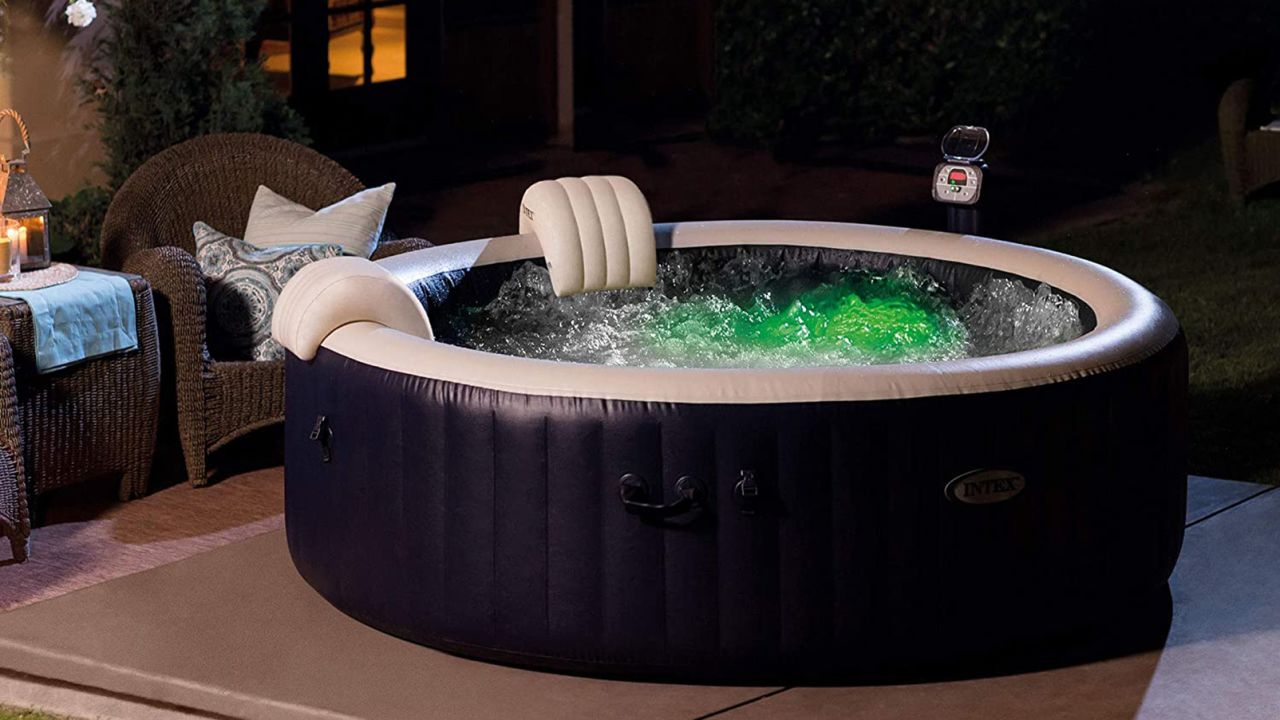
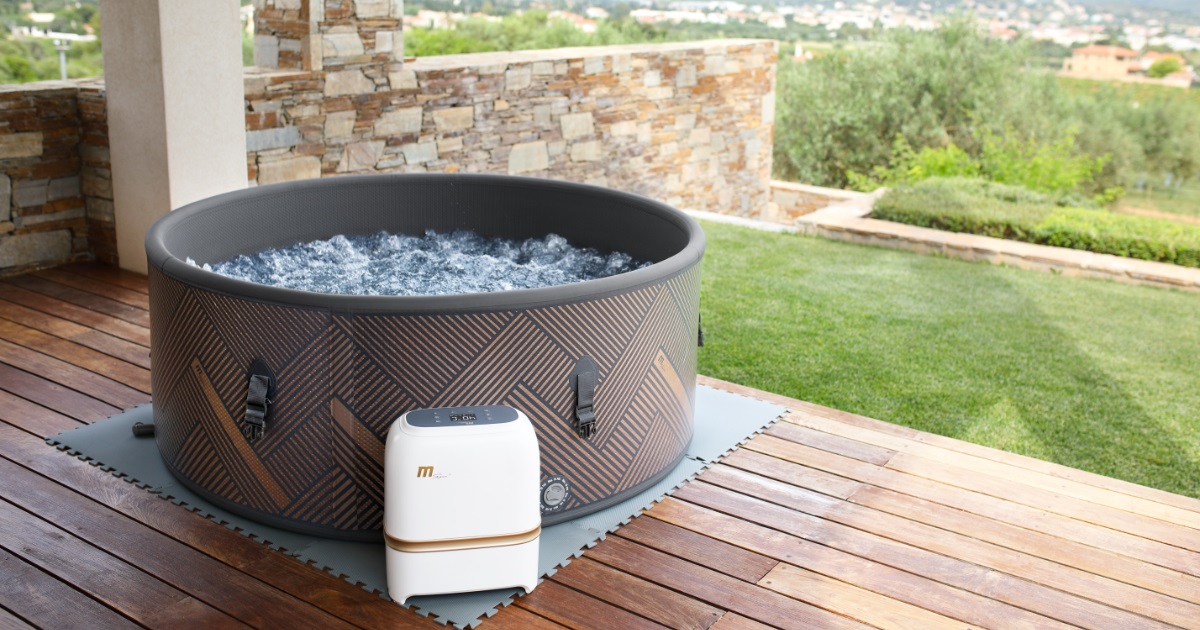
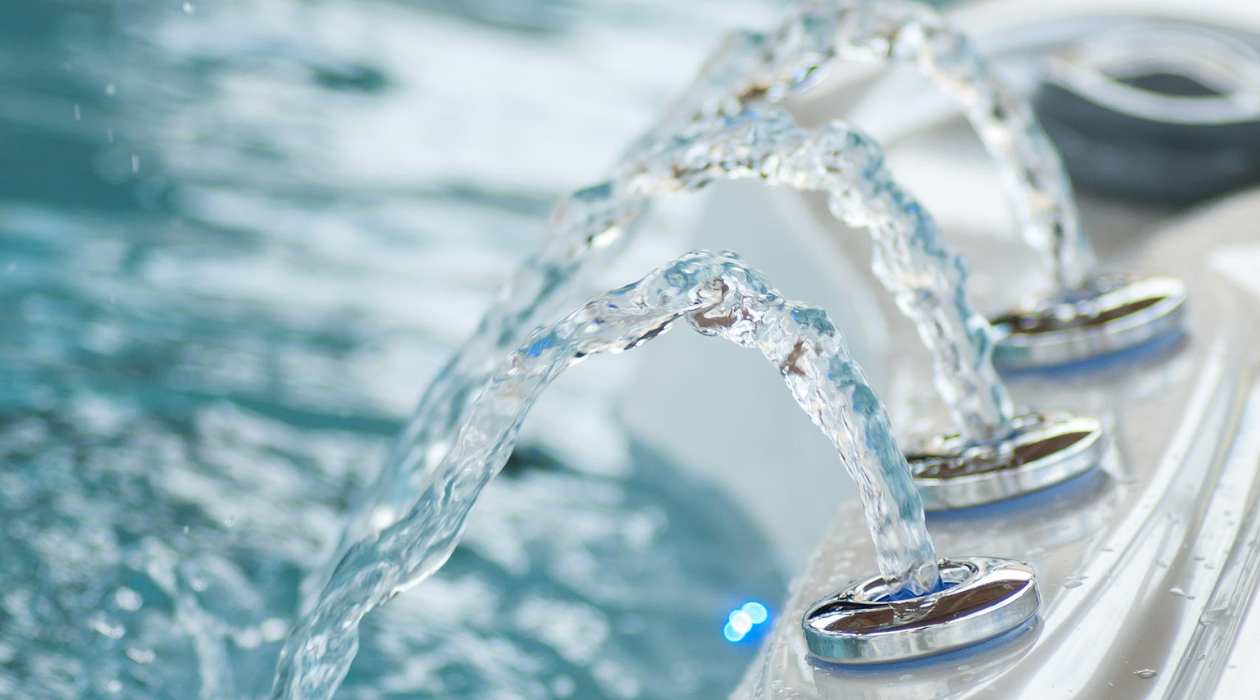
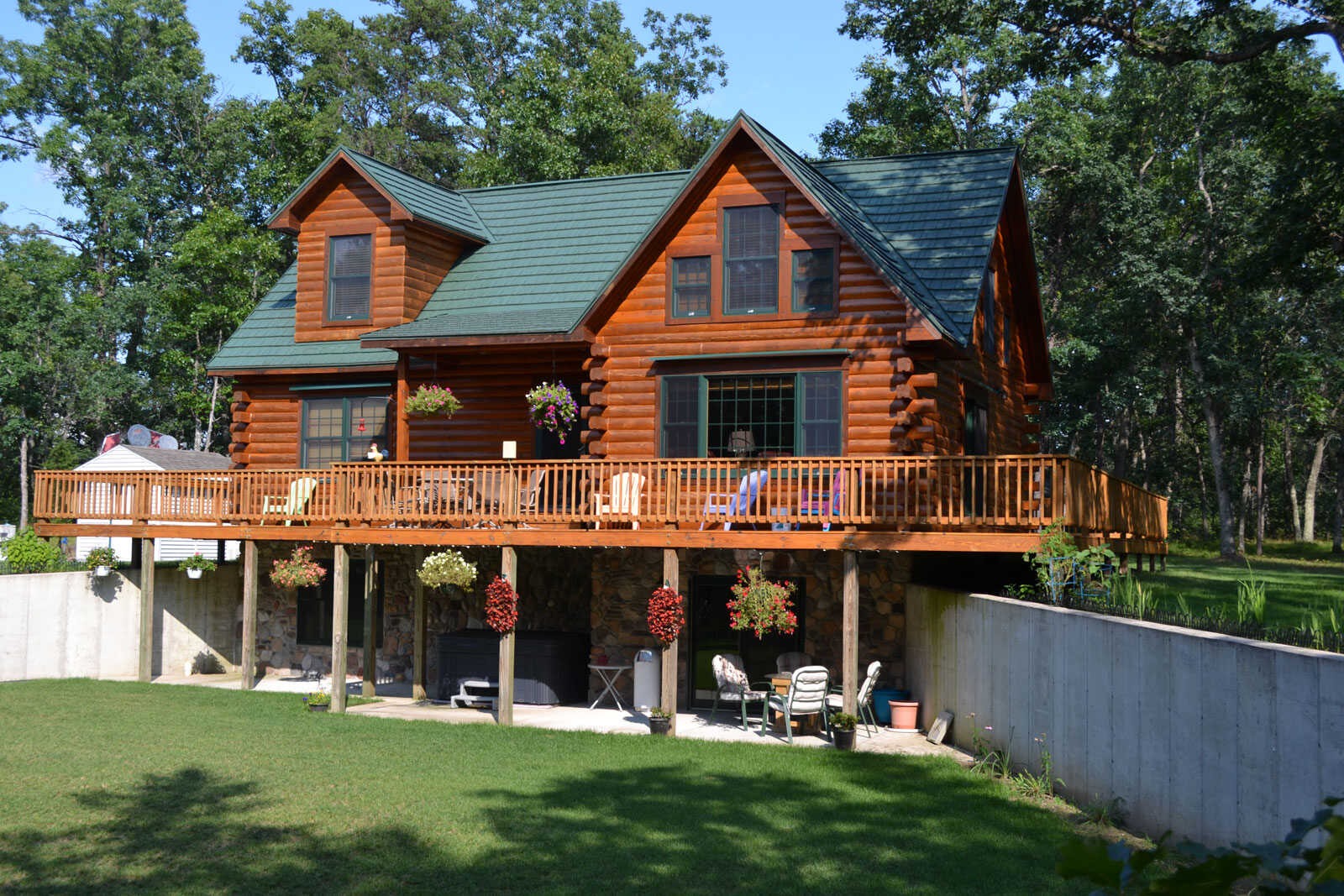
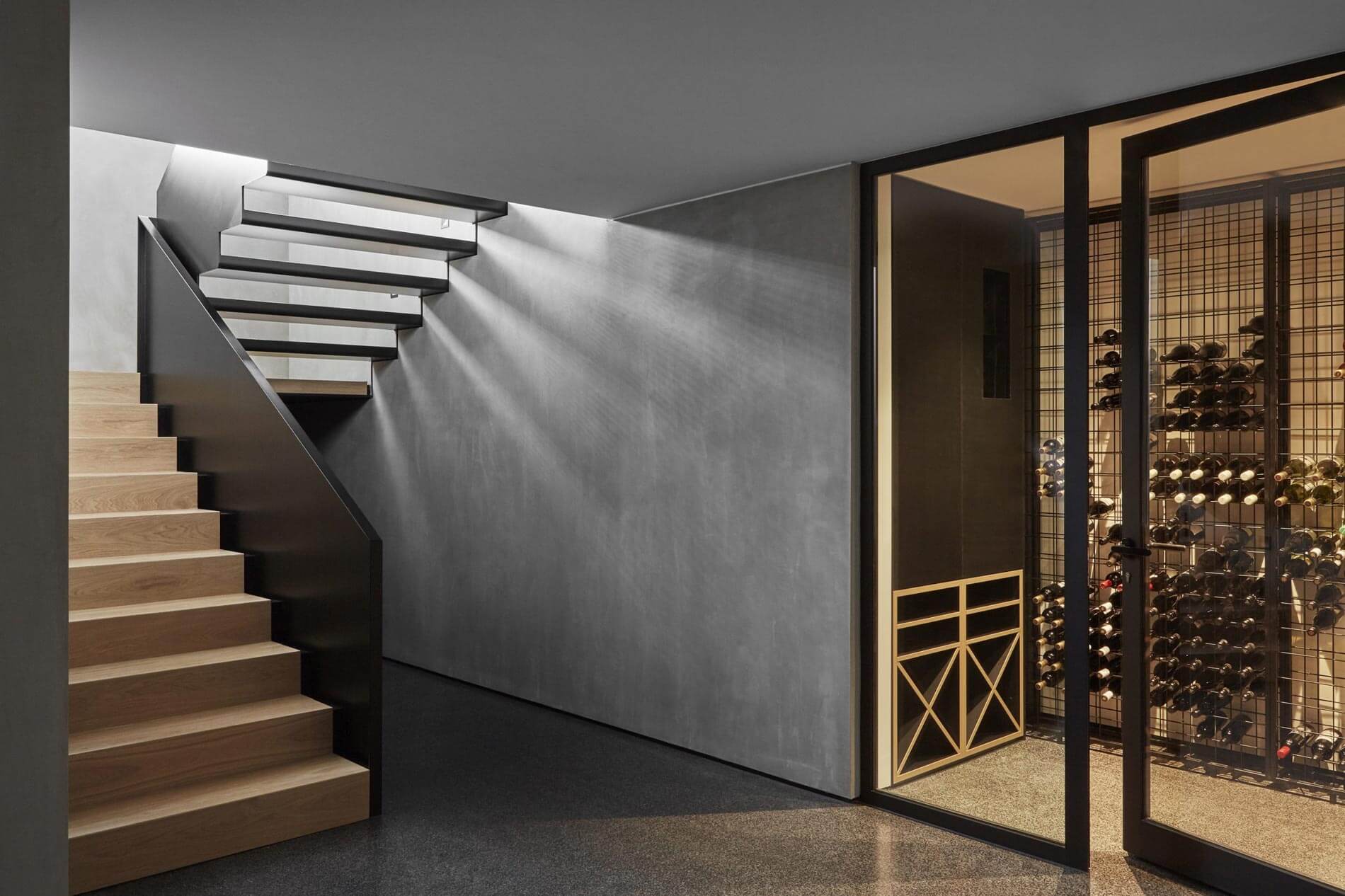

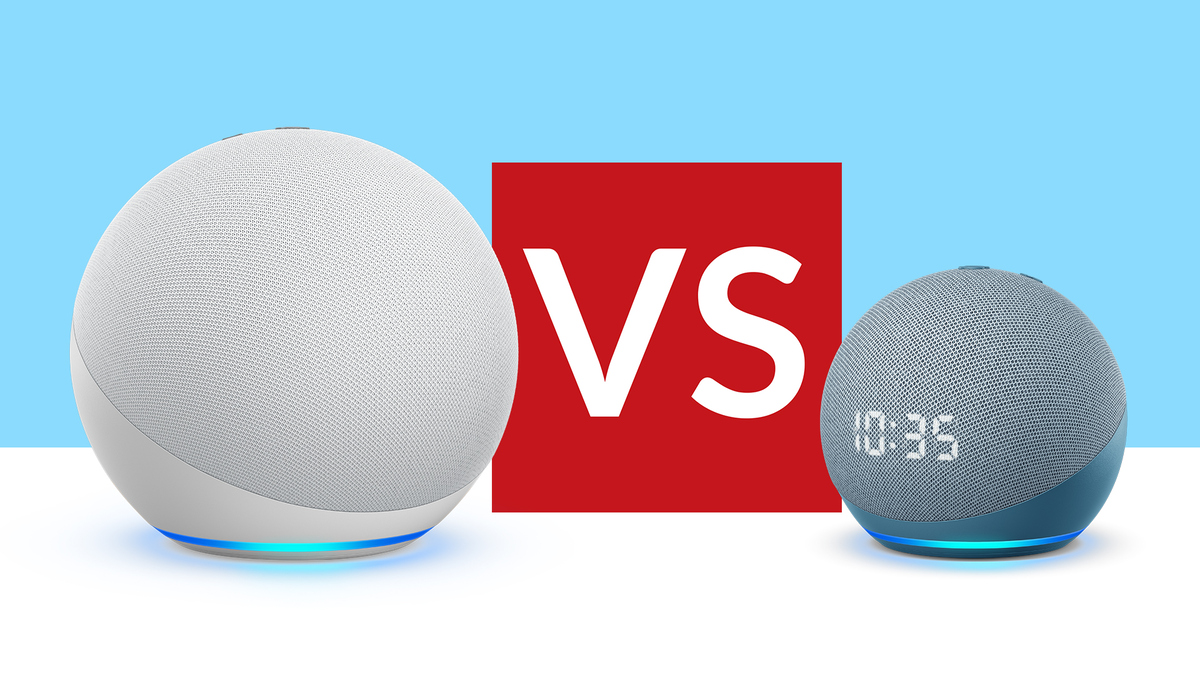

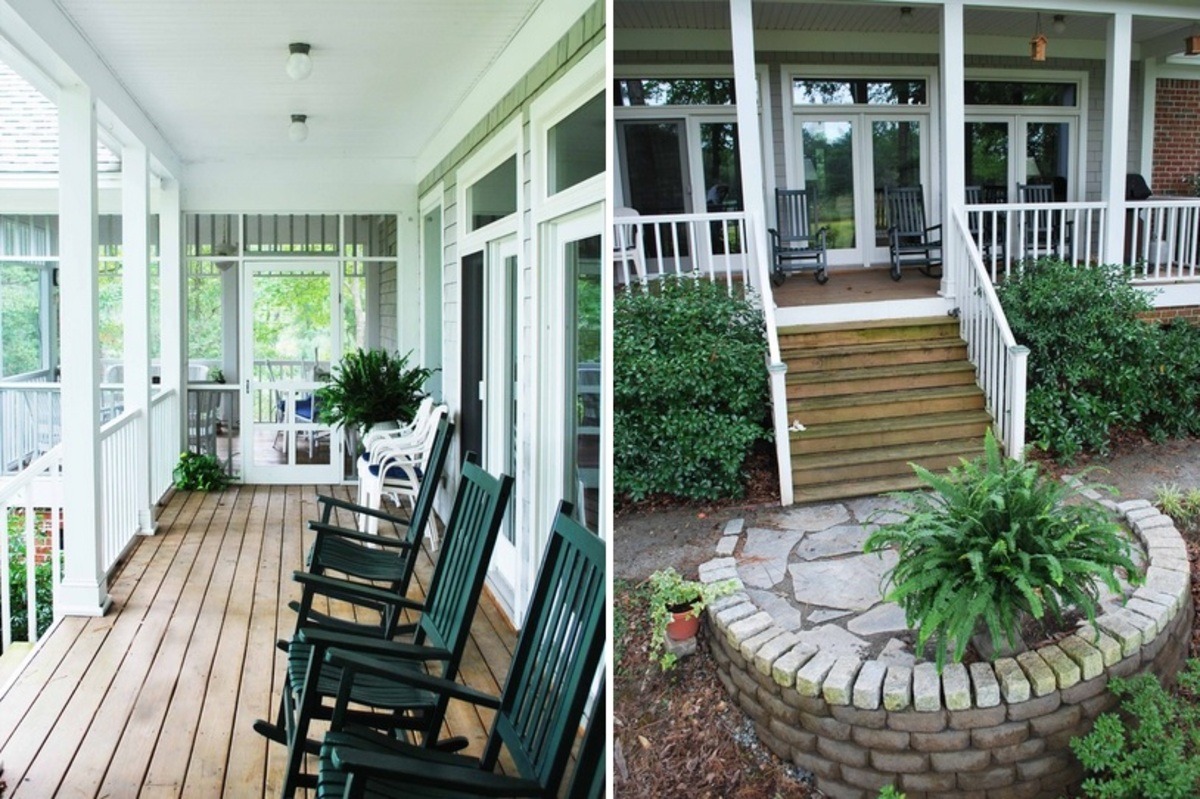
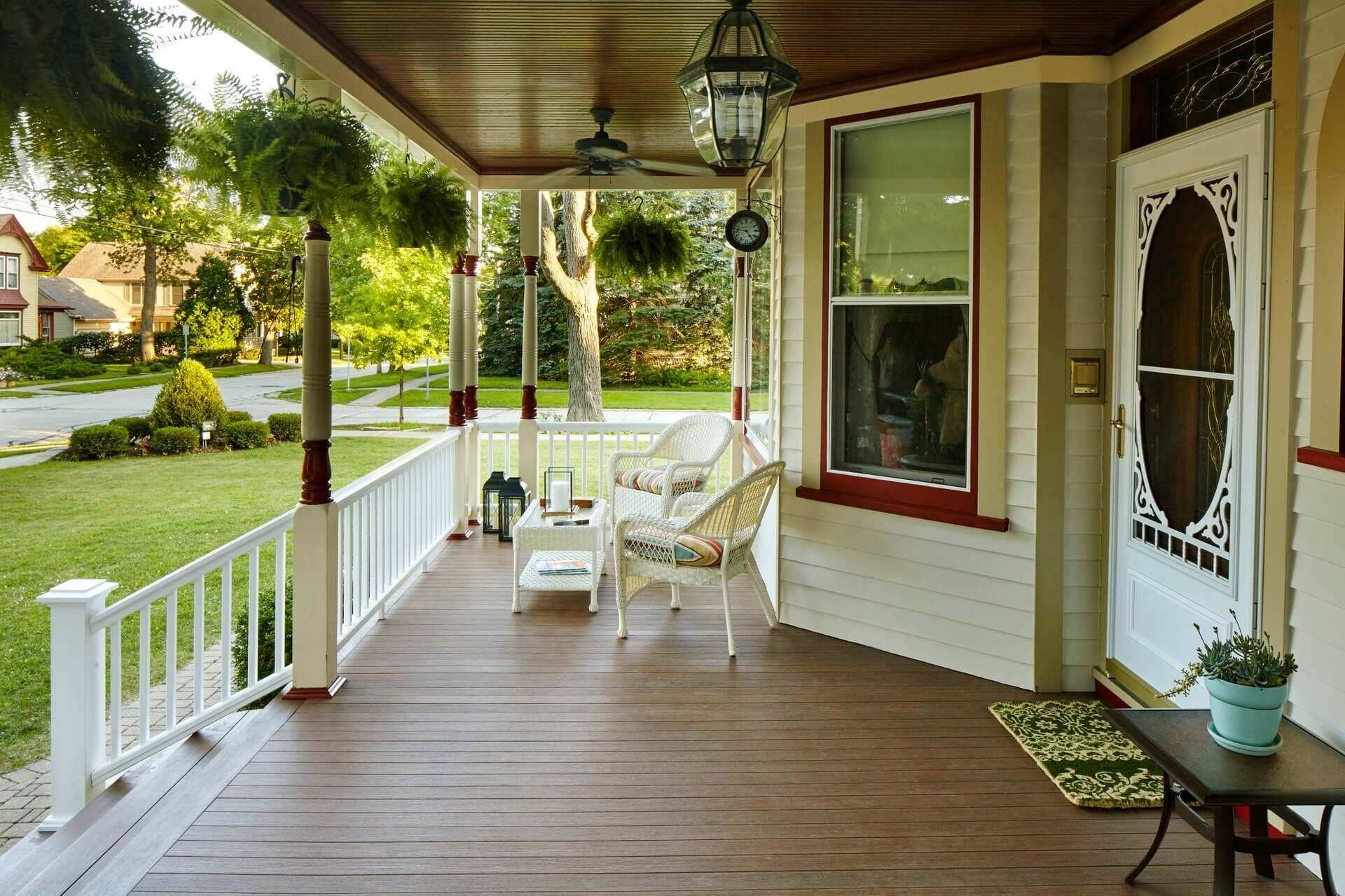
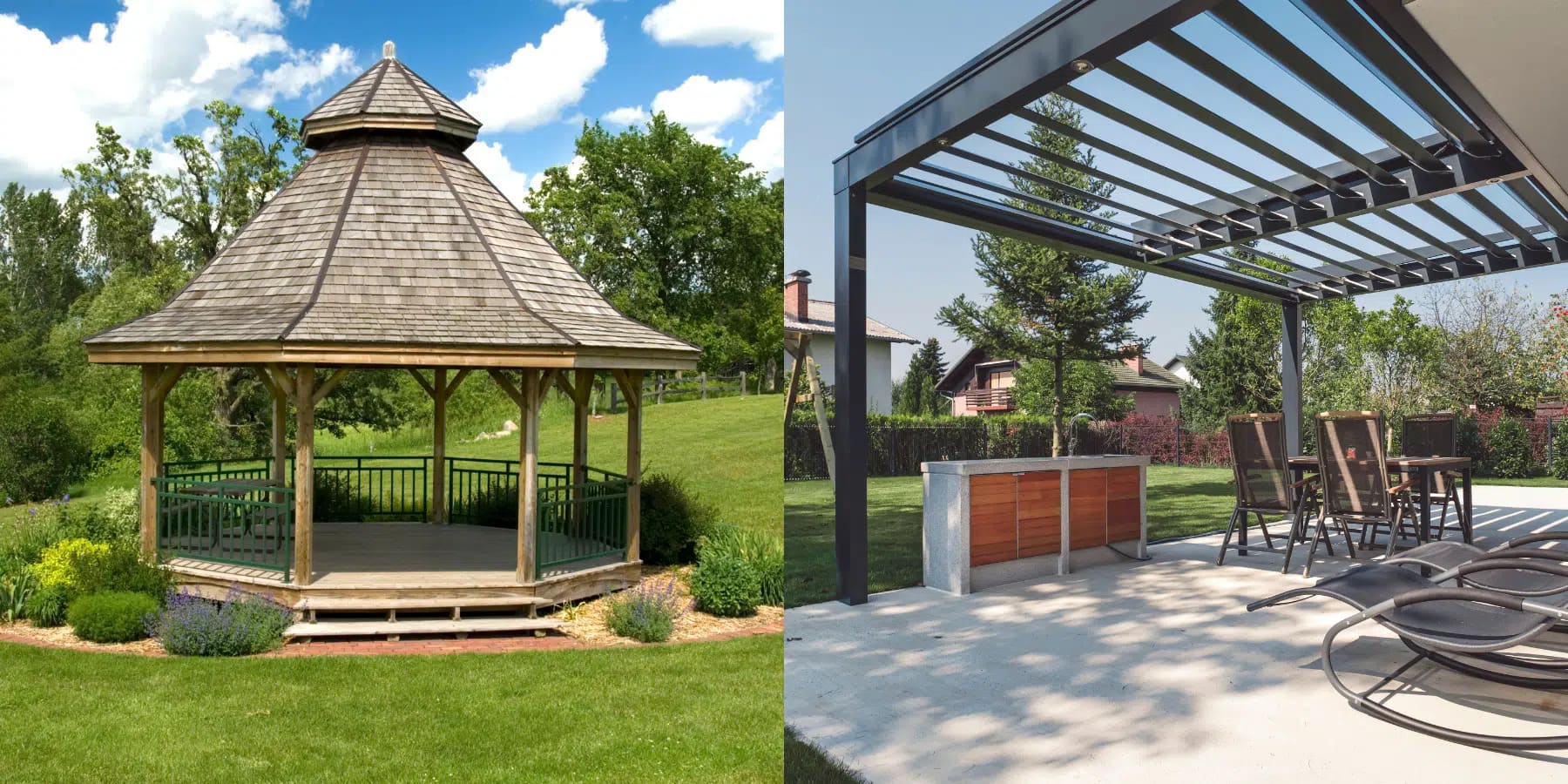

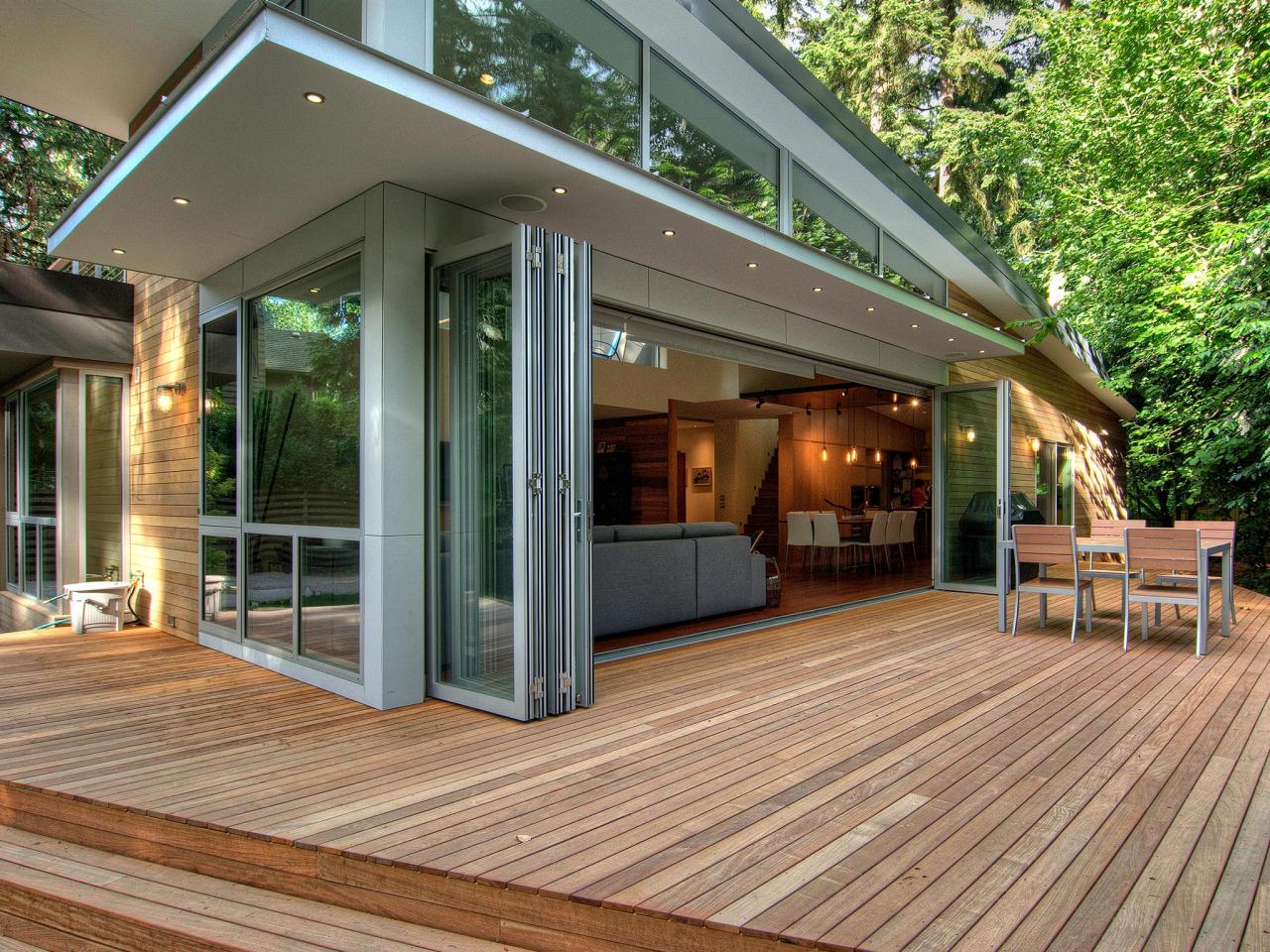
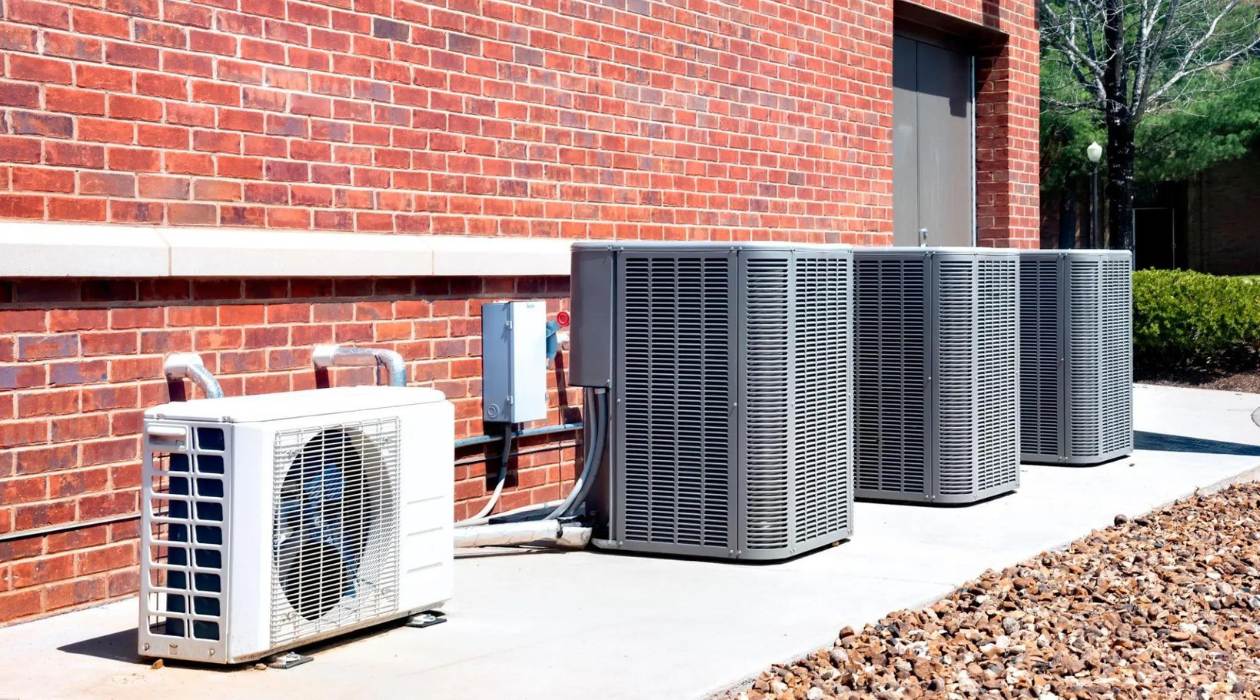

0 thoughts on “What Is Difference Between A Hot Tub And A Jacuzzi”